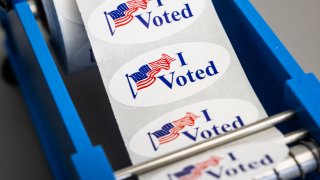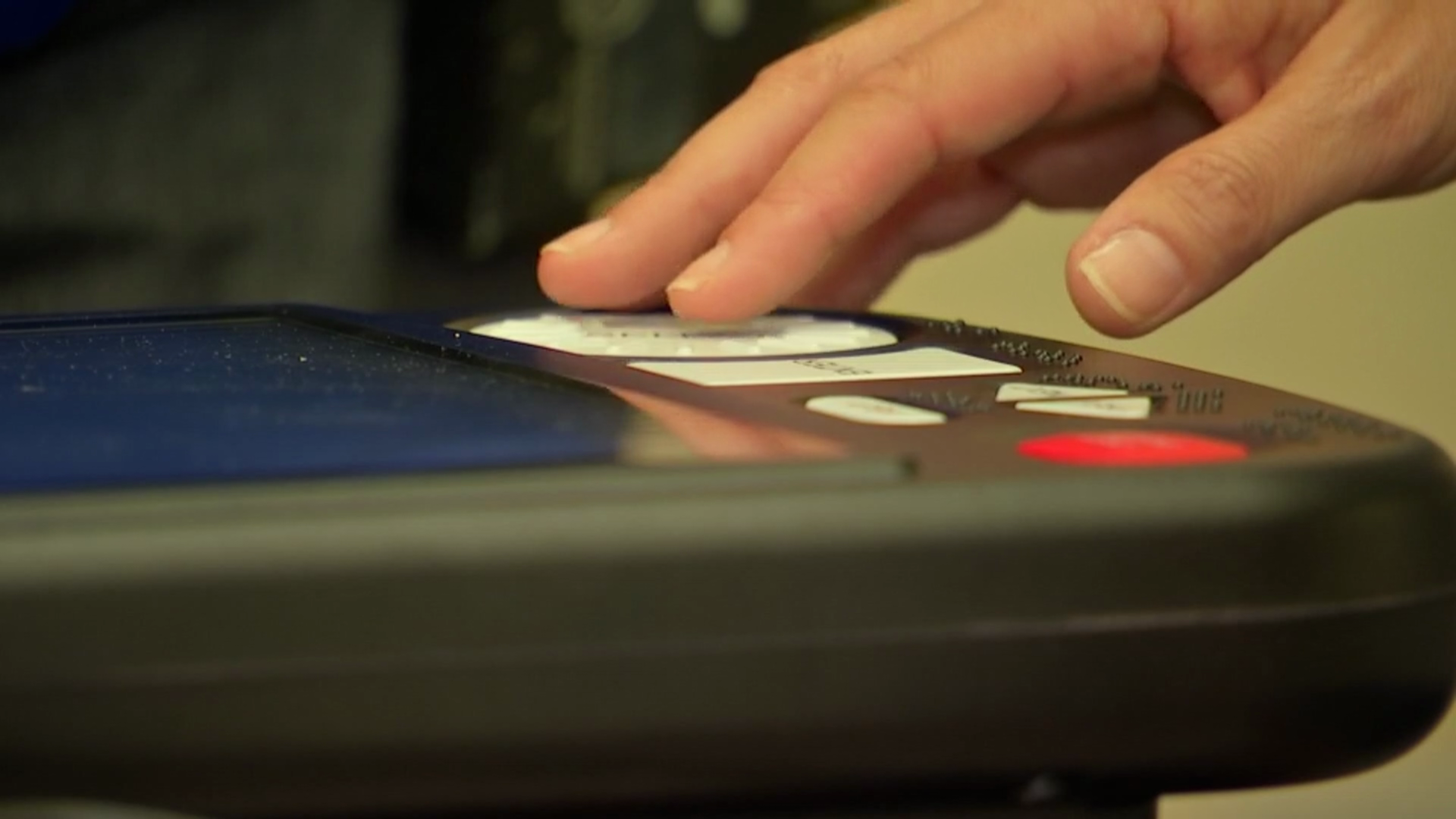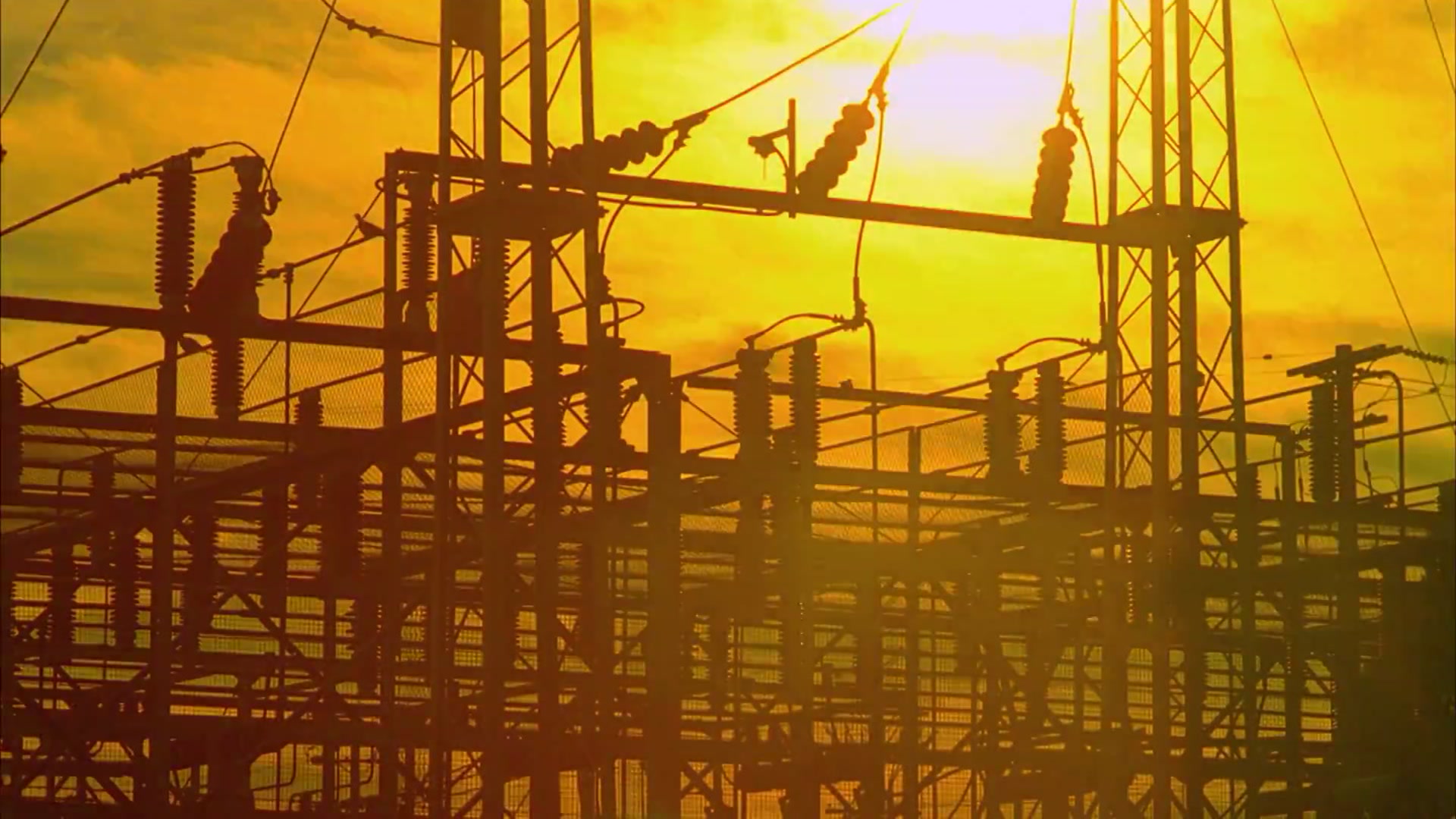
Below is the voter's guide to the May 28 primary runoff. In it, you will find key dates, how to register to vote or check your status, how to find out where and when you can vote, and what you'll need to bring with you. There is also information on what races are to be decided by North Texas voters as well as information on other topics such as poll watchers and straight-ticket voting.
A primary election is an election held to determine a party nominee for the November general election. Candidates who do not receive more than 50 percent of the vote are forced into a runoff. The winner of the May 28 runoff will be the party nominee for the general election in November.
NORTH TEXAS POLLING CENTER DELAYS
Collin County
Collin County Elections is experiencing outages or delays due to weather. Updates will be available on collincountytx.gov.
Get DFW local news, weather forecasts and entertainment stories to your inbox. Sign up for NBC DFW newsletters.
Dallas County
Dallas County Elections experienced delays Tuesday that affected polling locations opening on time. Find updates at dallascountyvotes.org. Judge Clay Jenkins announced that 103 polling locations are without power, but 180 locations still have power. Dallas is a part of the Countywide Polling Place Program, which means voters can vote at any polling location they like.
County leaders said Tuesday afternoon that polling places would stay open until 9 p.m.
Kaufman County
Kaufman County has extended voting hours past 7 p.m. until 8 p.m. due to weather.
Lone Star Politics
Covering politics throughout the state of Texas.
Key Dates
April 29 - Last day to register to vote
May 17 - Last day to apply by mail (received, not postmarked)May 20 - First day of early votingMay 28 - Election Day
May 24 - Last day of early voting
What's On My Ballot?
Below is a list of runoff races being run in North Texas. Ballots will only have races for runoffs in that jurisdiction (not all races will appear on all ballots).
DEMOCRAT PRIMARY RUNOFFS IN NORTH TEXAS
Dallas County Sheriff
Marian Brown (I)
Lupe Valdez
State Senator, District 30
Michael Braxton
Dale Frey
State Representative District 97
Diane Symons
Carlos Walker
REPUBLICAN PRIMARY RUNOFFS IN NORTH TEXAS
Collin County GOP Chair
Shelby Williams
Ellen Loveless
U.S. Representative District 12
Craig Goldman
John C. O'Shea
U.S. Representative District 32
David Blewett
Darrell Day
Member, State Board Of Education, District 12
Jamie Kohlmann
Pam Little (I)
State Senator, District 30
Brent Hagenbuch
Jace Yarbrough
State Representative District 1
Chris Spencer
Gary Vandeaver (I)
*may impact the school choice vote.
State Representative District 21
David Covey
Dade Phelan (I)
*not a local race but Phelan is the current Texas Speaker of the House.
State Representative District 33
Justin Holland (I)
Katrina Pierson
*may impact the school choice vote.
State Representative District 44
John Kuempel (I)
Alan Schoolcraft
*not a local race but one that may impact the school choice vote.
State Representative District 58
Dewayne Burns (I)
Helen Kerwin
*may impact the school choice vote.
State Representative District 61
Frederick Frazier (I)
Keresa Richardson
State Representative District 64
Andy Hopper
Lynn Stucky (I)
State Representative District 91
Stephanie Klick (I)
David Lowe
State Representative District 97
Cheryl Bean
John Mcqueeney
District Judge, 401st Judicial District
Kim Laseter
Joel Petrazio
District Judge, 443rd Judicial District
Grace Pandithurai
Greg Wilhelm
Sample Ballots
To see sample ballots for your county, you'll need to visit your county election webpage (links below).
County Election Pages: Anderson, Bosque, Comanche, Collin, Cooke, Dallas, Delta, Denton, Ellis, Erath, Fannin, Freestone, Hamilton, Henderson, Hill, Hood, Hopkins, Hunt, Jack, Johnson, Kaufman, Lamar, Navarro, Palo Pinto, Parker, Rains, Red River, Rockwall, Somervell, Tarrant, Van Zandt, Wise
How to Register/Am I Registered?
The last day to register to vote in the state of Texas was Thursday, April 1. You can check your voter status at VoteTexas.gov. If you have not yet registered you will not be able to vote in this election, but you can still register to vote in future elections by printing out an application online and then mailing it to your county election office. Also, Texans can now register to vote online, but only when they renew or update their driver's license.
Where Do I Vote?
Voters in more than a dozen North Texas counties are approved to use the Countywide Polling Place Program for the May 4 uniform election, which means they can vote at any polling location they like. Those counties that are CPPP-approved are Collin, Dallas, Ellis, Erath, Grayson, Henderson, Hood, Hopkins, Kaufman, Navarro, Palo Pinto, Parker, and Tarrant. See a full state list of approved CPPP counties here. Voters in all other counties must vote at their designated precinct on Election Day.
Lists of voting/precinct locations can be found on County Election Pages here: Anderson, Bosque, Comanche, Collin, Cooke, Dallas, Delta, Denton, Ellis, Erath, Fannin, Freestone, Hamilton, Henderson, Hill, Hood, Hopkins, Hunt, Jack, Johnson, Kaufman, Lamar, Navarro, Palo Pinto, Parker, Rains, Red River, Rockwall, Somervell, Tarrant, Van Zandt, Wise. In larger counties, wait times may be posted on the county election website.
What Identification Do I Need to Vote?
You must present one of the following forms of photo ID when voting in person:
- Texas driver's license issued by the Texas Department of Public Safety (DPS)
- Texas Election Identification Certificate (EIC) issued by DPS
- Texas personal identification card issued by DPS
- Texas Handgun License issued by DPS
- A United States Military Identification card containing the person’s photograph
- A United States Citizenship Certificate containing the person’s photograph
- A United States Passport (book or card)
Absentee Ballots
Texas Gov. Greg Abbott (R) dramatically reduced the number of locations across the state that can accept a handed-in absentee ballot to ensure that poll watchers had adequate access to each location. Beginning in October 2020, mail ballots delivered in person by eligible voters can only be delivered to one location in each Texas county -- each county's early voting clerk designates that location. You may only hand-deliver your envelope and not for another individual and you must bring ID.
To qualify for a mail-in ballot in Texas, voters must be: away from their county of residence on Election Day and during the early voting period; sick or disabled; confined in jail but otherwise eligible to vote; or 65 years old or older. Absentee voters must also include their Texas driver's license number, Texas DPS-issued ICN or ECN, or the last four digits of their Social Security number, whichever matches their voter record, or a statement that they have not been issued any of those forms of ID.
The last day to apply for an Absentee Ballot was April 23 (received, not postmarked); Absentee ballots may be submitted in person at any time as long as it's received by 7 p.m. on Election Day. Absentee ballots that are mailed in must be postmarked by Election Day.
- In Tarrant County, absentee ballots can be dropped off in person at the Tarrant County Elections Administration office at 2700 Premier Street, during regular business hours. The ballot may also be hand-delivered on Election Day between 7 a.m. and 7 p.m. You may only hand-deliver your own envelope and not for another individual and you must bring ID. Ballots may also be delivered to the clerk via a common or contract carrier. Read more here.
- In Dallas County, absentee ballots can be dropped off at the Early Voting Clerk's Office at 1520 Round Table Drive. A full schedule, with extended hours, is available on DallasCountyVotes.org. You may only hand-deliver your own envelope and not for another individual and you must bring ID. Ballots may also be delivered to the clerk via a common or contract carrier.
- In Denton County, absentee ballots can be dropped off at the Early Voting Clerk's Office at 701 Kimberly Drive. Ballots may be hand-delivered during regular business hours. You may only hand-deliver your own envelope and not for another individual and you must bring ID. Ballots may also be delivered to the clerk via a common or contract carrier. Read more here.
- In Collin County, absentee ballots can be dropped off at the Elections Department at 2010 Redbud Boulevard, Suite 102 during regular business hours. More information can be found here. You may only hand-deliver your own envelope and not for another individual and you must bring ID. Ballots may also be delivered to the clerk via a common or contract carrier.
Has My Ballot Been Received?
If you would like to verify if your mail-in or in-person ballot has been received you can verify that information at txballot.org. Ballots that were mailed in may take a few days to show up on the website.
Straight-Ticket Voting
Most states don't offer straight-ticket voting. Texas has for decades, but Republican Gov. Greg Abbott signed a law removing the option in 2020. That measure was pushed through by a GOP-controlled Legislature that argued the change would encourage voters to cast better-informed ballots on Election Day.
Democrats challenged the change in court in March 2020, citing long Super Tuesday lines in Houston where some voters waited more than an hour to vote. They said the law disproportionately hurts Black and Latino voters in big urban counties, where longer ballots mean wait times.
What is a Poll Watcher?
A poll watcher is a person appointed to observe the conduct of an election on behalf of a candidate, political party or the proponents or opponents of a particular measure. Their role in an election is established by Chapter 33 of the Texas Election Code and they must adhere to certain rules at polling locations.
The primary duty of a watcher is to observe the conduct of the election at the location where the watcher has been appointed. A watcher may point out to an election judge or clerk any observed irregularity or violation of the Texas Election Code. However, if the clerk refers the watcher to the judge, the watcher may not discuss the matter further with the clerk unless the presiding judge invites the discussion.
- A poll watcher must have a certificate of appointment that includes their name, address, information on who appointed them and the precinct in which they are permitted to serve.
- Poll watchers cannot be current candidates or elected officials.
- Poll watchers are not allowed to engage or talk to voters in any manner about the election.
- No more than two poll watchers may be at any particular polling place at any given time.
- Poll watchers cannot talk with an election officer regarding the election except to call attention to an irregularity or violation.
- The watcher cannot reveal information about voters or the votes before the polls close or face possible criminal charges.
- A poll watcher can witness the installation of voting equipment and observe the securing of equipment before the election.
- A poll watcher can observe any activity conducted at the location and sit or stand conveniently near the election officials to observe the election activities, but they are not allowed to go into voting booths with voters while they are marking their ballot.
- Poll watchers are permitted to observe assistance given to voters by election officials and to inspect the ballot before it's deposited in the ballot box to determine if it was prepared in accordance with the voter's wishes.
- Poll watchers are permitted to inspect the returns and other records prepared by election officials. They are also allowed to observe the tallying and counting of votes to verify that they are tallied and read correctly.
- Poll watchers may also be on the lookout for illegal activities, including but not limited to, electioneering, loitering, voters attempting to vote without identification, others attempting to coerce or bribe voters.



